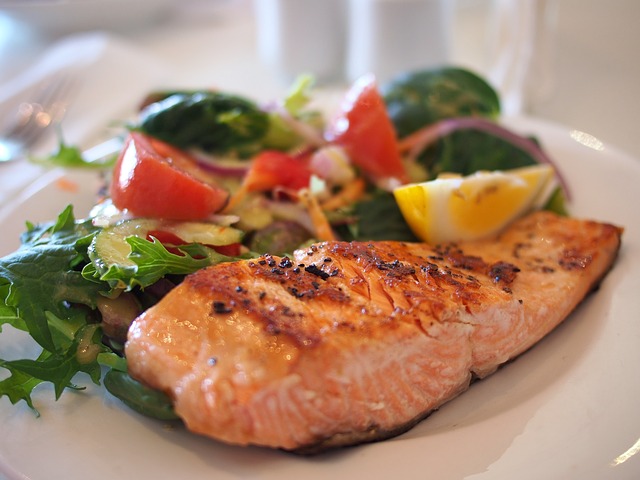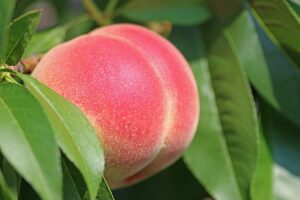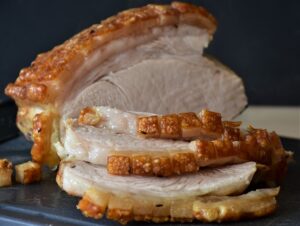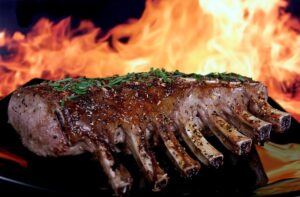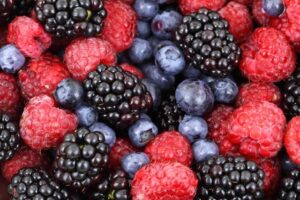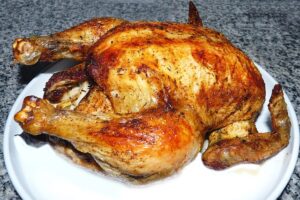Introduction
Jello, also known as gelatin dessert, is a popular treat enjoyed by many. It is a gel-like substance that is often flavored and sweetened. While it is primarily known for its texture and taste, many people wonder about the nutritional content of jello, particularly the protein content. In this article, we will explore how much protein is in jello and discuss its significance in a balanced diet.
Protein in Jello
Jello is made from gelatin, which is derived from animal collagen. Collagen is a protein found in connective tissues such as bones, skin, and tendons. When gelatin is mixed with water and other ingredients, it forms a gel-like substance that solidifies when cooled. However, the protein content in jello is relatively low compared to other protein-rich foods.
On average, a serving of jello (about ½ cup or 92 grams) contains around 2 grams of protein. This protein content may vary slightly depending on the brand and specific recipe used. While 2 grams of protein may seem low, it is important to consider that jello is not primarily consumed for its protein content.
Importance of Protein in the Diet
Protein is an essential macronutrient that plays a crucial role in various bodily functions. It is responsible for building and repairing tissues, producing enzymes and hormones, and supporting a healthy immune system. Protein is also important for muscle growth and maintenance.
The recommended daily intake of protein varies depending on factors such as age, sex, weight, and activity level. Generally, it is recommended that adults consume around 0.8 grams of protein per kilogram of body weight. For example, a sedentary adult weighing 68 kilograms (150 pounds) would need approximately 55 grams of protein per day.
While jello may not be a significant source of protein, it can still contribute to overall protein intake, especially for individuals who have difficulty consuming other protein-rich foods due to dietary restrictions or health conditions.
Other Nutritional Considerations
While jello may not be a significant source of protein, it does provide other nutritional benefits. Jello is low in calories and fat, making it a popular choice for those watching their weight. It is also a good source of hydration, as it is primarily made of water. Additionally, jello can be fortified with vitamins and minerals, further enhancing its nutritional value.
However, it is important to note that not all jello products are created equal. Some commercially available jello products may contain added sugars, artificial flavors, and colors, which can reduce their overall nutritional value. It is advisable to read the ingredient list and choose jello products with minimal additives.
Conclusion
In conclusion, jello is not a significant source of protein. While it contains approximately 2 grams of protein per serving, its primary appeal lies in its texture, taste, and low-calorie content. Protein is an essential nutrient, and it is important to meet daily protein requirements through a balanced diet that includes a variety of protein-rich foods such as meat, fish, dairy products, legumes, and nuts.
References
– Mayo Clinic: https://www.mayoclinic.org/
– Healthline: https://www.healthline.com/
– U.S. Department of Agriculture: https://www.usda.gov/

